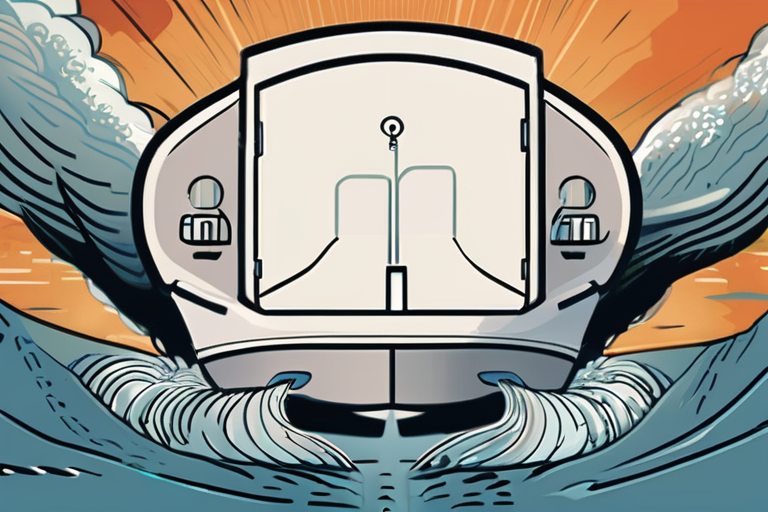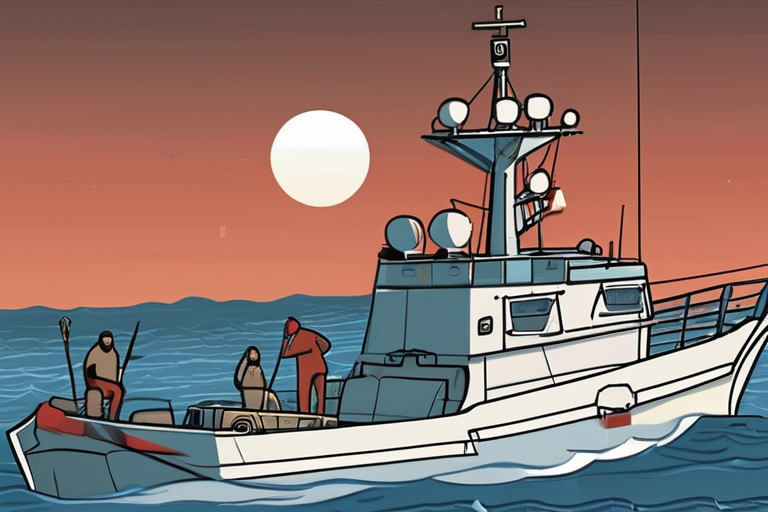New Analysis Reveals Surprising Truth Behind Endurance's Sinking Fate


Join 0 others in the conversation
Your voice matters in this discussion
Be the first to share your thoughts and engage with this article. Your perspective matters!
Discover articles from our community

 Hoppi
Hoppi

 Hoppi
Hoppi

 Hoppi
Hoppi

 Hoppi
Hoppi

 Hoppi
Hoppi

 Hoppi
Hoppi

Colin Kaepernick Pays for Autopsy of Black Student Found Hanging from Tree JACKSON, Miss. – NFL star Colin Kaepernick has …

Hoppi

Billionaire Barry Silbert's Latest Bet: Convergence of AI and Crypto In a move that highlights the growing convergence of artificial …

Hoppi

Trump Cuts Billions in US Foreign Aid, Raising Global Concerns In a move that has sparked widespread criticism, US President …

Hoppi

AI Musician Lands $3 Million Record Deal, Raising Questions on Industry's Future In a significant development that highlights the evolving …

Hoppi

Israel's Interception of Gaza Flotilla Sparks Debate Over Legality On October 3, 2025, Israeli forces intercepted the Global Sumud Flotilla, …

Hoppi

Breaking News: New Search Engine Raises $1.1M to Fuel Internet Obsessions Zehra Naqvi's startup, Lore, has secured $1.1 million in …

Hoppi